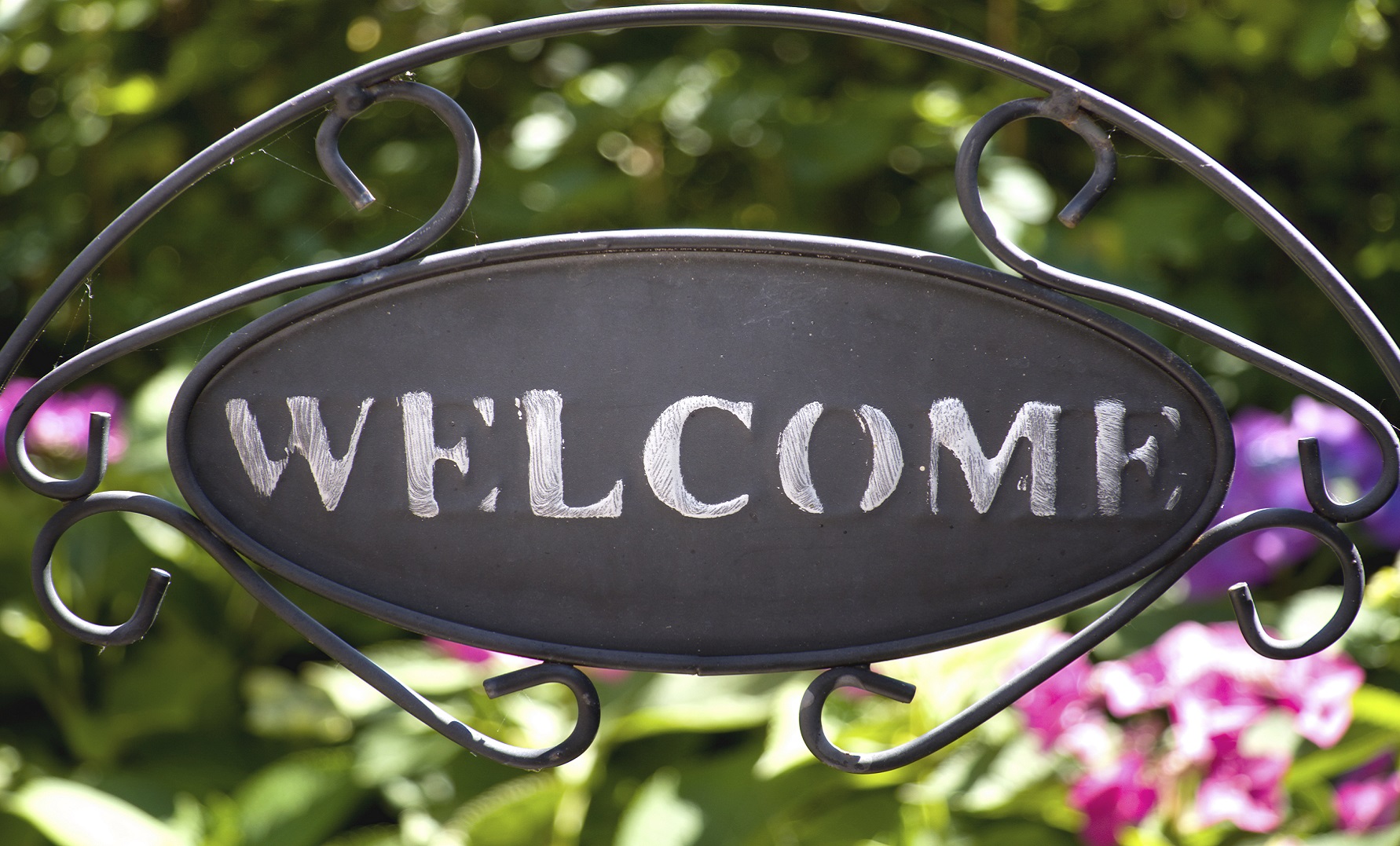Carla is a British free lance writer. She will be contributing articles for us in the future about the British economy and how it affects her life. She raises some great questions about companies like Airbnb that thrive in the "share" economy. They improve economic efficiency, but at the expense of tax revenues, and possibly safety. Read about her views on Airbnb....
When it comes to discussing Airbnb ("a trusted community marketplace for people to list, discover, and book unique accommodation around the world") I always prefer to start by looking over its good points. And, let's be clear, there are a lot of good things about Airbnb. The company allows travelers to easily locate somewhere to stay that's likely to be inexpensive, convenient and quite possibly more personal than a hotel. At the same time it provides a revenue stream for people with unused rooms in their home. Airbnb makes it possible for just about anyone to convert their spare space into a bed and breakfast, and start welcoming travelers to their humble abode – something that can really make a difference for city dwellers struggling with the rising cost of living. With Airbnb taking a portion of each booking (3% from owner and between 6 and 12% from the guest), it seems as though everyone involved is winning. The figures certainly reflect this: since it was founded in 2008, Airbnb has seen a rise that can only be described as meteoric. The Wall Street Journal reported in November 2015 that bookings have increased from 11.3 million to 23.8 million in a year.
But there are some unintended consequences to Airbnb's popularity. The number of people using Airbnb on a nightly basis has increased from zero in the year before it was founded to over 500,000 today.There aren't, of course, 500,000 extra travelers. While there might well have been a rise in the number of people venturing away from home (travel in general is becoming more accessible over the years) the vast majority of those people used to stay somewhere else.
The hotel industry is losing out – and it's losing market share in a big way. A 2015 report commissioned by The Hotel Association estimated that the revenue lost as a direct result of Airbnb stood at around $450 million annually; and that's not even taking
into account the secondary revenue loss such as money spent on room service or other amenities. Understandably, hotel owners are scrambling to respond to the threat posed by this relatively new online platform.
Economists refer to this as the substitution effect. When the price of one good decreases (Airbnb rooms) the increase in the quantity demanded for that good (Airbnb rooms) increases, and the demand for the other good (hotel rooms) decreases. (To learn more about the economic theory visit Demand – The Consumer's Perspective.) Airbnb has also increased economic efficiency. Rooms or homes that were not being used are now being occupied and generating an income.
Competition, you might say, is healthy, is it not? But there's something else to take into account: Airbnb does not represent the same kind of competition as a new hotel chain. Airbnb has revolutionized the hotel industry. In fact, it is playing an entirely different game. When a hotel chain wants to expand, it must expend millions on constructing or buying new property to expand into. Airbnb, however, can add thousands of rooms to its inventory without spending a cent. More importantly still, Airbnb is not subject to the same taxation as hotels, nor is it required to adhere to the same standards of pricing, health and safety, city zoning, or customer service. Free from all the restrictions that apply to hotels, Airbnb has a distinct advantage in the marketplace.
The question of whether Airbnb is doing a good thing or not by exploiting that advantage is an open one. Undoubtedly it's bad news for the hotel industry... but does that necessarily mean that the legislative gaps which allow Airbnb to operate at an advantage should be closed? Or should nature be allowed to take its course? Some argue that the sharing economy (typified by companies like Airbnb, Uber and TaskRabbit, which allow ordinary people to generate income by sharing their assets directly with consumers) is the way of the future, and that chain hotels are destined to become much more niche. After all, companies have always exploited their comparative advantages. Is this same as a company taking advantage of having access to a technological advantage or locating closer to their market?
The answer? Well, nobody knows. Time will tell. But while you're waiting to see how it all pans out, you can either look on Airbnb as a shining example of a company that smartly leveraged an advantage afforded to them by out of date legislation.or a company that's winning largely because they're playing a different game,
Questions for students to ponder?
Do you think Airbnb's approach is good, bad, or something in between the two? Do you think it can keep on operating in the way it is, or will something have to change?
To learn more visit the following web sites:
Airbnb UK
Airbnb Blog on economic impact
The Wall Street Journal, Rolphe Winkler, November 20, 2015
DMR - Airbnb statistics
Hospitalitynet - The Impact of AirBnb on Hotel and Hospitality Industry, March 7, 2016
